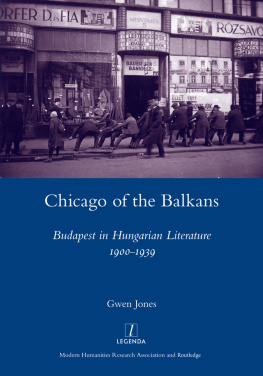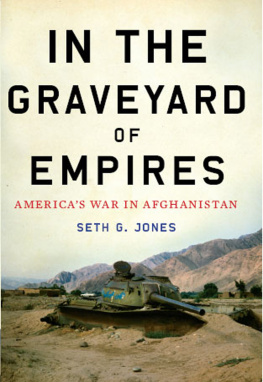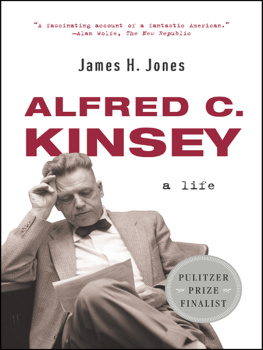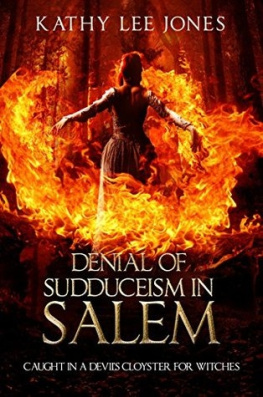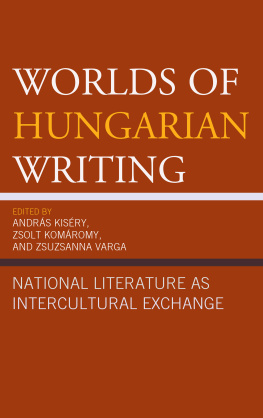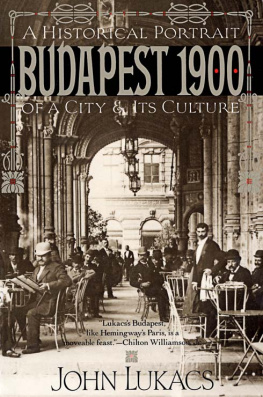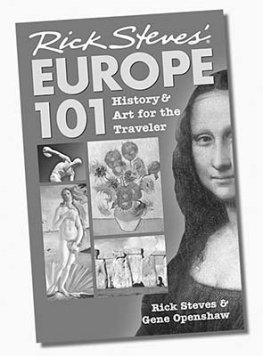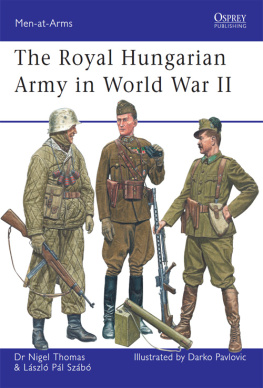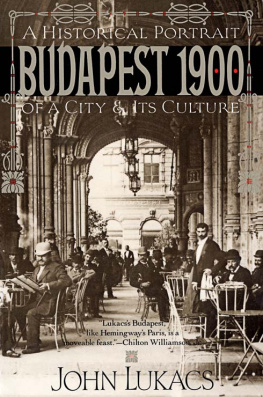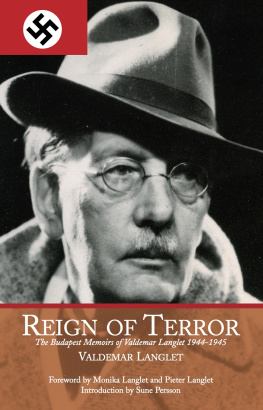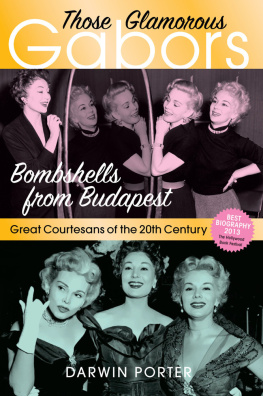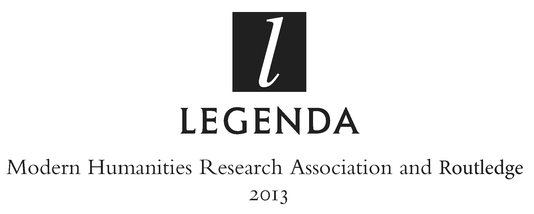CHICAGO OF THE BALKANS BUDAPEST IN HUNGARIAN LITERATURE 1900-1939

LEGENDA, founded in 1995 by the European Humanities Research Centre of the University of Oxford, is now a joint imprint of the Modern Humanities Research Association and Routledge. Titles range from medieval texts to contemporary cinema and form a widely comparative view of the modern humanities, including works on Arabic, Catalan, English, French, German, Greek, Italian, Portuguese, Russian, Spanish, and Yiddish literature. An Editorial Board of distinguished academic specialists works in collaboration with leading scholarly bodies such as the Society for French Studies and the British Comparative Literature Association.

The Modern Humanities Research Association (MHRA) encourages and promotes advanced study and research in the field of the modern humanities, especially modern European languages and literature, including English, and also cinema. It also aims to break down the barriers between scholars working in different disciplines and to maintain the unity of humanistic scholarship in the face of increasing specialization. The Association fulfils this purpose primarily through the publication of journals, bibliographies, monographs and other aids to research.

Routledge is a global publisher of academic books, journals and online resources in the humanities and social sciences. Founded in 1836, it has published many of the greatest thinkers and scholars of the last hundred years, including Adorno, Einstein, Russell, Popper, Wittgenstein, Jung, Bohm, Hayek, McLuhan, Marcuse and Sartre. Today Routledge is one of the world's leading academic publishers in the Humanities and Social Sciences. It publishes thousands of books and journals each year, serving scholars, instructors, and professional communities worldwide.
www.routledge.com
Editorial Board
Chairman
Professor Colin Davis, Royal Holloway, University of London
Professor Malcolm Cook, University of Exeter (French)
Professor Robin Fiddian, Wadham College, Oxford (Spanish)
Professor Anne Fuchs, University of St Andrews (German)
Professor Paul Garner, University of Leeds (Spanish)
Professor Andrew Hadfield, University of Sussex (English)
Professor Marian Hobson Jeanneret,
Queen Mary University of London (French)
Professor Catriona Kelly, New College, Oxford (Russian)
Professor Martin McLaughlin, Magdalen College, Oxford (Italian)
Professor Martin Maiden, Trinity College, Oxford (Linguistics)
Professor Peter Matthews, St John's College, Cambridge (Linguistics)
Dr Stephen Parkinson, Linacre College, Oxford (Portuguese)
Professor Suzanne Raitt, William and Mary College, Virginia (English)
Professor Ritchie Robertson, The Queen's College, Oxford (German)
Professor David Shepherd, Keele University (Russian)
Professor Michael Sheringham, All Souls College, Oxford (French)
Professor Alison Sinclair, Clare College, Cambridge (Spanish)
Professor David Treece, King's College London (Portuguese)
Managing Editor
Dr Graham Nelson
41 Wellington Square, Oxford OX1 2JF, UK
www.legendabooks.com
Chicago of the Balkans
Budapest in Hungarian Literature 19001939
Gwen Jones
First published 2013
Published by the
Modern Humanities Research Association and Routledge
2 Park Square, Milton Park, Abingdon, Oxon OX14 4RN
711 Third Avenue, New York, NY 10017, USA
LEGENDA is an imprint of the
Modern Humanities Research Association and Routledge
Routledge is an imprint of the Taylor & Francis Group, an informa business
Modern Humanities Research Association and Taylor & Francis 2013
ISBN 978-1-907975-57-8 (hbk )
All rights reserved. No part of this publication may be reproduced, stored in a retrieval system,
or transmitted in any form or by any means, electronic, mechanical, including photocopying,
recordings, fax or otherwise, without the prior written permission of the copyright owner and the
publisher.
Product or corporate names may be trademarks or registered trademarks, and are used only for
identification and explanation without intent to infringe.
Contents
Guide
FOR BRAM
This book is based on my doctoral thesis, submitted and examined in 2005 at the UCL School of Slavonic and East European Studies, and awarded the doctorate by the University of London in 2006. I am grateful above all to my doctoral supervisors, Professor Robert Pynsent and Dr Daniel Abondolo, for their guidance, scrutiny, infinite reading lists and unswerving support. I would also like to thank my PhD examiners, Professor Donald Rayfield and Dr Robin Baker, for their close reading and perceptive comments.
My postgraduate research was funded by an Arts and Humanities Research Board Postgraduate Award, without which the thesis would not have been written.
I would like to express my gratitude to my colleagues and dear friends Professor Peter Sherwood, Eszter Tarsoly and Natlia Jnossy for their expertise and camaraderie. I am very grateful to Professor Robert Nemes, who read an early version of the manuscript, for his time, generosity and reflections. Thanks are due to Dr Franois Guesnet and staff of the UCL Department of Hebrew and Jewish Studies for their enthusiasm and collegiality.
I am grateful to Dr Martin Stanton for his understanding and insights at a crucial point in time.
Thanks are due to Wolfgang Deicke for his long-standing encouragement and friendship.
Much of the later research for this book was conducted in the Szab Ervin Metropolitan Library of Budapest.
The image on the front cover of this book was taken from the online collection of amateur photos Fortepan (), an invaluable archive of twentieth-century Hungarian history established in 2010. The photograph was taken in the late 1920s in front of the Rozsavlgyi music shop on Szervita Square in central Budapest; for me there is no better photographic representation of the Chicago of the Balkans.
This book is dedicated to my father, Bram Jones (19392009), who did not live to see its publication; still, I wrote it for him anyway.
G.J., Budapest, October 2012
Translations are all my own, unless otherwise indicated.
Quotations from primary sources are given in the original, followed by an English translation. Quotations from secondary sources are translated into English.
Western personal name order is used throughout, e.g., Lajos Hatvany, not Hatvany Lajos. In the interest of consistency, I give the Hungarian form of place names first, followed by the Serbian/Slovak/Romanian/Ukrainian form in brackets, e.g. Szabadka (Subotica); Nagyszombat (Trnava); Kolozsvr (Cluj Napoca).
Where Budapest street names have changed, I give the earlier name first, followed by the contemporary version, e.g. Koronaherceg Street (Petfi Sndor Street).
It may be helpful to gloss the following terminology relating to Budapest, and to Hungarian history:

